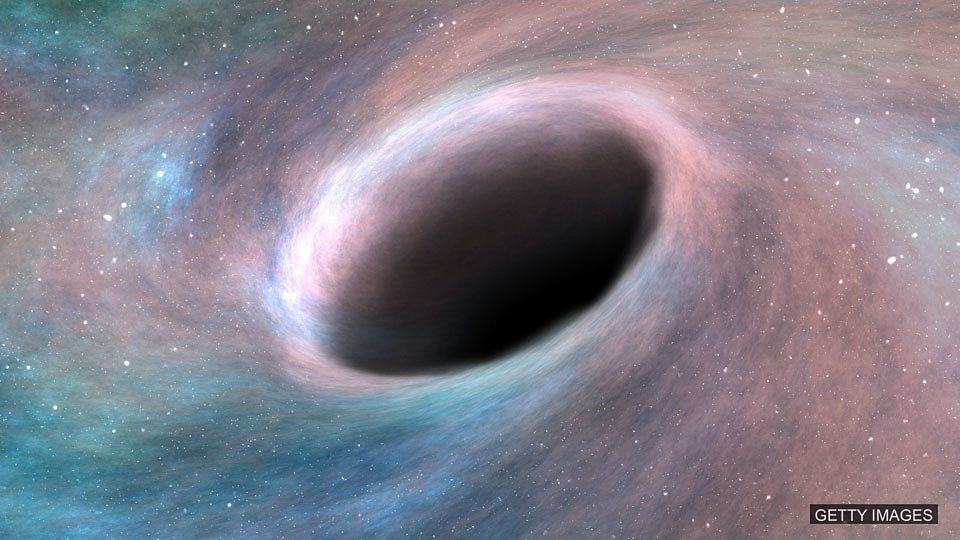文字稿
近日,天文学家发现了迄今为止已知最遥远的“超大”黑洞。这个大量吞噬其周围物质的黑洞离地球的距离为130亿光年。请听以下的报道。
Scientists used telescopes in Chile and Hawaii and an orbiting NASA probe to detect a black hole 13 billion light years away from Earth at the centre of a huge luminous object known as a quasar.
Researchers from the Carnegie Institution for Science say light detected from the quasar dates back to only 690 million years after the Big Bang when the Universe was emerging from a period known as the Dark Ages.
Writing in the journal Nature, they say the age and sheer size of the black hole – about 800 million times the mass of our Sun – challenges current notions about the formation of these black holes and the Universe itself.
词汇表
orbiting 在轨道上运行的…
probe 探测器
light years 光年
luminous 发亮的
quasar 类星体
the Big Bang 创世大爆炸
the Universe 宇宙
the Dark Ages 黑暗时代
sheer size 庞大的体积
notions 观念,看法
formation 形成方式,结构
测验
请听报道并回答下列问题。
1. The telescopes from how many countries were used to find this new black hole?
2. What was it that scientists saw that help them date this new black hole?
3. What measurement is used to show the distance of something that is very very far away?
4. True or false? The black hole is similar in size to the Sun.
答案
1. The telescopes from how many countries were used to find this new black hole?
Scientists used telescopes in Chile and Hawaii (USA).
2. What was it that scientists saw that help them date this new black hole?
They detected light from the quasar dates back to only 690 million years after the Big Bang.
3. What measurement is used to show the distance of something that is very very far away?
Light years. This black hole 13 billion light years away from Earth.
4. True or false? The black hole is similar in size to the Sun.
False. This black hole is about 800 million times the mass of our Sun.


 3342次下载
点击下载
3342次下载
点击下载
 2621次下载 点击下载
2621次下载 点击下载
 4734次下载 点击下载
4734次下载 点击下载
 1854次下载 点击下载
1854次下载 点击下载
 1391次下载 点击下载
1391次下载 点击下载
 1391次下载 点击下载
1391次下载 点击下载











